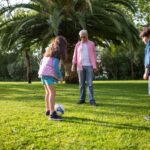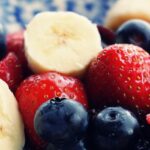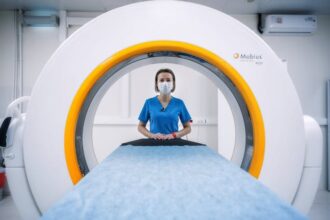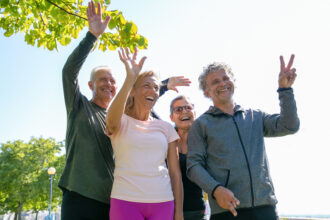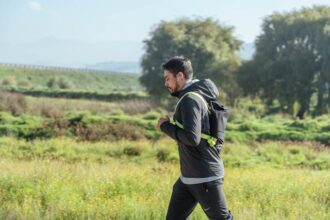A study has established that most sleep advice circulating on TikTok is grounded in scientific facts. The investigation revealed that out of 35 distinct sleep recommendations featured in popular videos, 29 received empirical backing. Merely six of the sleep suggestions lacked scientific corroboration.
“These findings indicate that entities involved in sleep research and sleep medicine have effectively disseminated proper sleep hygiene tips,” commented Brian T. Gillis, the study’s principal investigator. Gillis, who has been exploring sleep for eight years, is an assistant professor of marriage and family therapy at the College of Human Sciences, Auburn University, in Auburn, Alabama. “It demonstrates that the public is absorbing the information we wish to impart about sleep in an environment—social media—where many are at ease learning about health matters.”
During a meticulous two-day study, researchers transcribed the highest-viewed TikTok videos utilising the hashtags #sleephacks, #sleephygiene, or #sleeptips. They then analysed these to identify all mentioned sleep tips, accumulating 295 sleep recommendations (including duplicates) across 58 videos. These tips were then grouped into seven categories, and their validity was assessed against the outcomes from randomised control trials, non-randomised control trials, and correlational studies published in peer-reviewed journals. The evidence found supporting these sleep tips included benefits such as reduced time to fall asleep, extended duration of sleep, increased periods of deep or REM sleep, heightened satisfaction with sleep, and diminished daytime tiredness.
Gillis emphasised that numerous adults perceive social media as a credible source of health information yet often fail to confirm the veracity of this information with healthcare professionals.
“In light of this reliance on health advice disseminated through social media, it’s crucial for content creators to offer medically accurate guidance,” Gillis remarked. “Although health advice on TikTok is unregulated, our findings suggest that the domain of sleep recommendations is one where content creators are largely accurate.”
Adequate sleep is essential for maintaining overall health and well-being. If you’re experiencing sleep difficulties, it’s advisable to consult a medical professional before experimenting with tips from social media. Your doctor might direct you to a sleep team at a sleep centre accredited by the American Academy of Sleep Medicine.
More information: Brian Gillis et al, TikTok Made Me Do It: An Analysis of the Scientific Evidence Supporting TikTok’s Recommendations for Better Sleep, SLEEP. DOI: 10.1093/sleep/zsae067.01093
Journal information: SLEEP Provided by American Academy of Sleep Medicine



